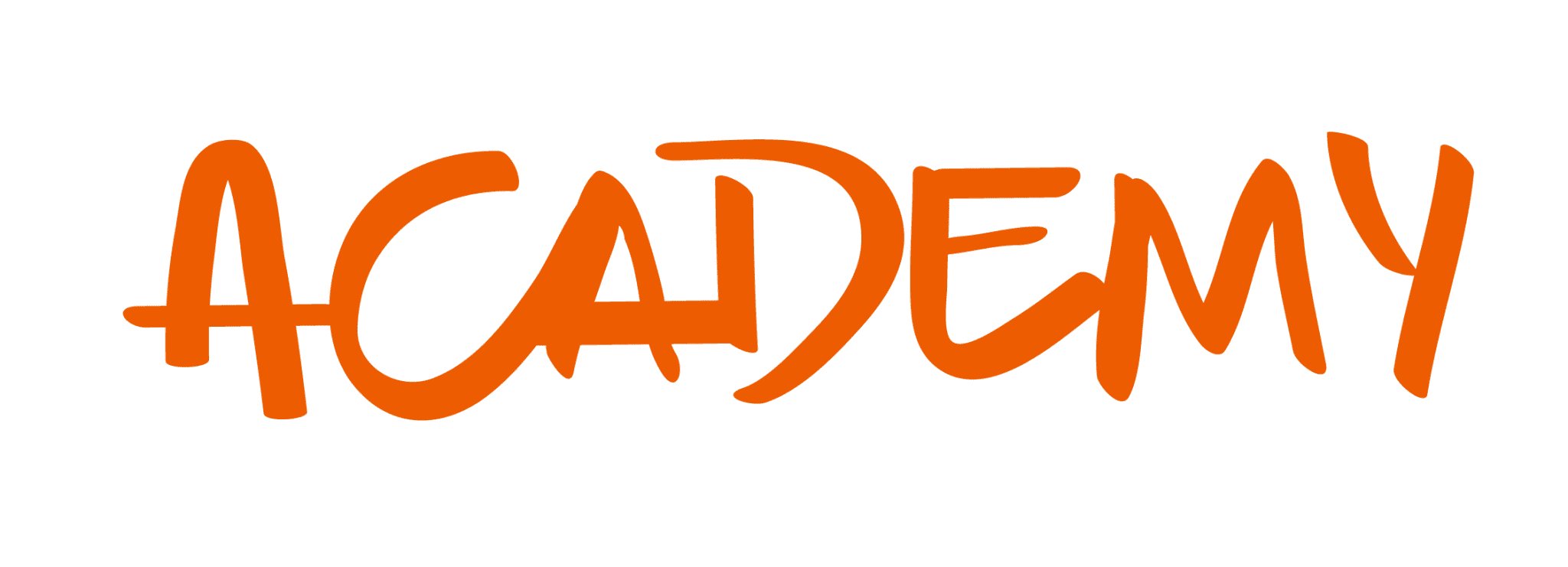Consulting carries an expectation that feels set in stone: the consultant must always have all the answers. From the moment a company decides to hire a consulting firm, the narrative is clear: direct, definitive, and flawless solutions are expected. But reality tells a different story. In a business world that is as volatile as it is nuanced, this pressure is not only unrealistic but can also end up being counterproductive.
An unrealistic expectation
The image of a consultant has been built around the idea of being a “problem solver,” someone who steps in to tackle issues that seem insurmountable from within the organization. While this skill is part of the DNA of consulting, the truth is that no professional, no matter how talented or experienced, can have all the answers all the time. The rapid pace of technological change, the unique characteristics of each client, and countless external variables make absolute certainty an impossible goal.
The impact of this pressure
- Professional anxiety: Many consultants, especially those early in their careers, feel immense pressure to prove their value through immediate and decisive answers. This can lead to rushed or poorly thought-out decisions.
- Unrealistic client-consultant relationships: Expecting the consultant to be an all-knowing “guru” can lead to frustration on both sides. If solutions don’t come quickly or fail to meet expectations, trust can erode.
- Short-term focus: The need to uphold this image may drive some consultants to prioritize quick fixes over sustainable, long-term solutions.
A necessary paradigm shift
Instead of perpetuating the idea that consultants must have all the answers, it’s crucial to redefine the role as someone who facilitates discovery, collaborates, and builds solutions alongside the client. How can this be achieved?
1. Foster professional humility
Admitting that you don’t know everything is not a sign of weakness but of realism and professionalism. Recognizing your limitations can open the door to more genuine collaboration with the client and other experts.
2. Focus on asking the right questions
Rather than rushing to provide immediate answers, consultants can shine by their ability to pose questions that help the client reflect and redefine their challenges.
3. Embrace continuous learning
Ongoing training, both in technical areas and soft skills, equips consultants to better navigate uncertainty and adapt to the specific needs of each client.
4. Collaborate within a network
Leveraging multidisciplinary teams and knowledge networks allows consultants to broaden their perspectives and offer more comprehensive solutions without relying solely on individual expertise.
Redefining success in consulting
A consultant’s success should not be measured by their ability to deliver immediate answers but by their skill in guiding organizations toward informed and sustainable decisions. This requires a shift in mindset from both consultants and the companies that hire them.
When consulting firms adopt a more collaborative and transparent approach, they also educate their clients about the value of the process beyond quick answers. In today’s uncertain business landscape, true strength lies in adaptability and joint problem-solving, not in pretending to have all the answers from the start.
Conclusion
The pressure to be an all-knowing expert is a challenge modern consultants must overcome through humility, continuous learning, and collaboration. By redefining their role as facilitators rather than absolute problem-solvers, they not only ease that burden but also build more genuine and effective relationships with their clients. Ultimately, it’s not about knowing everything but about knowing how to find the answers together.














